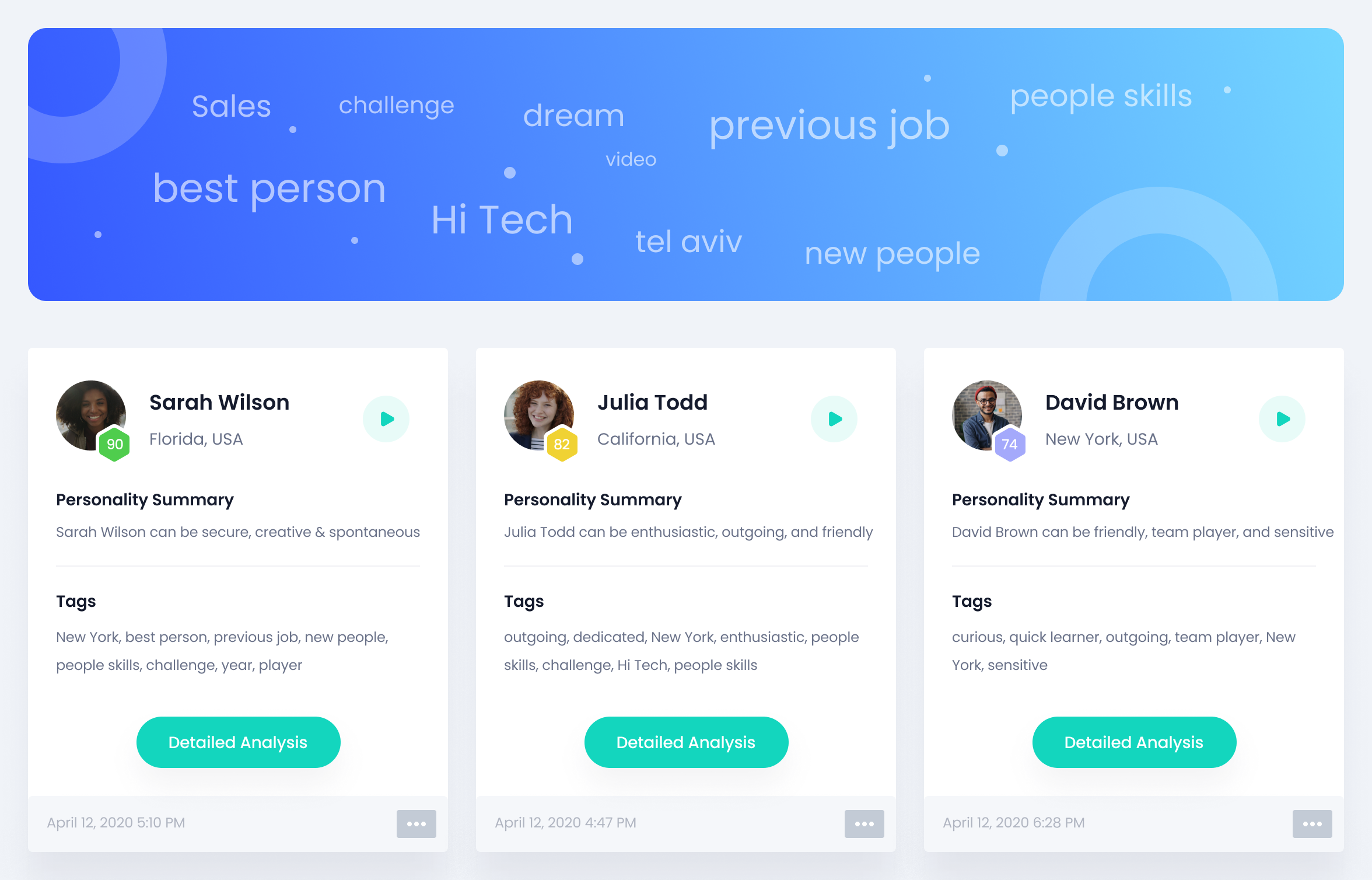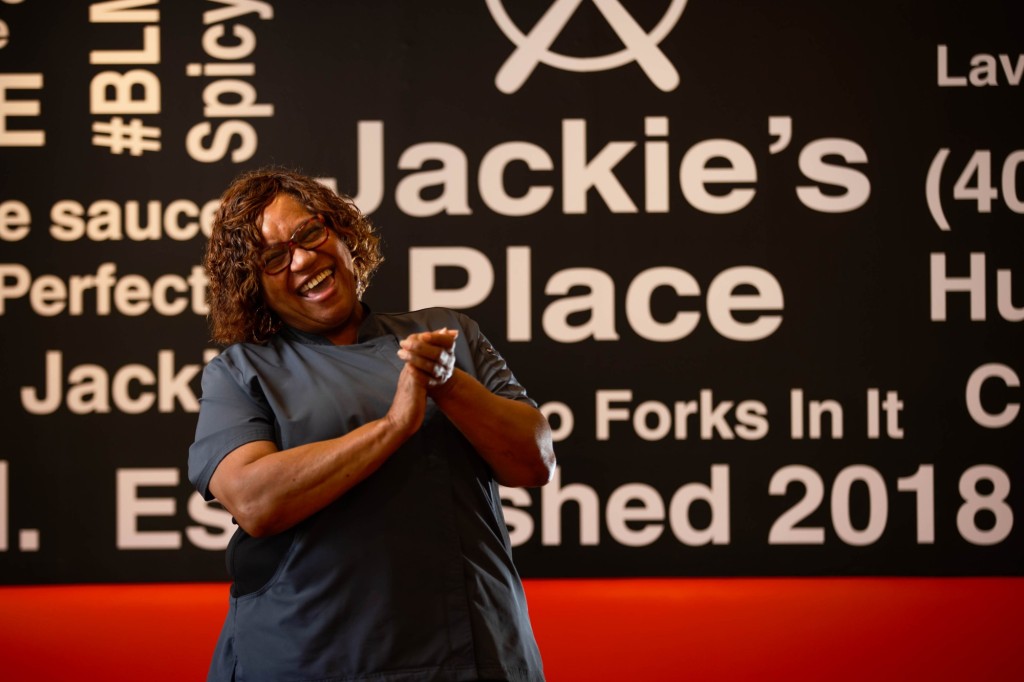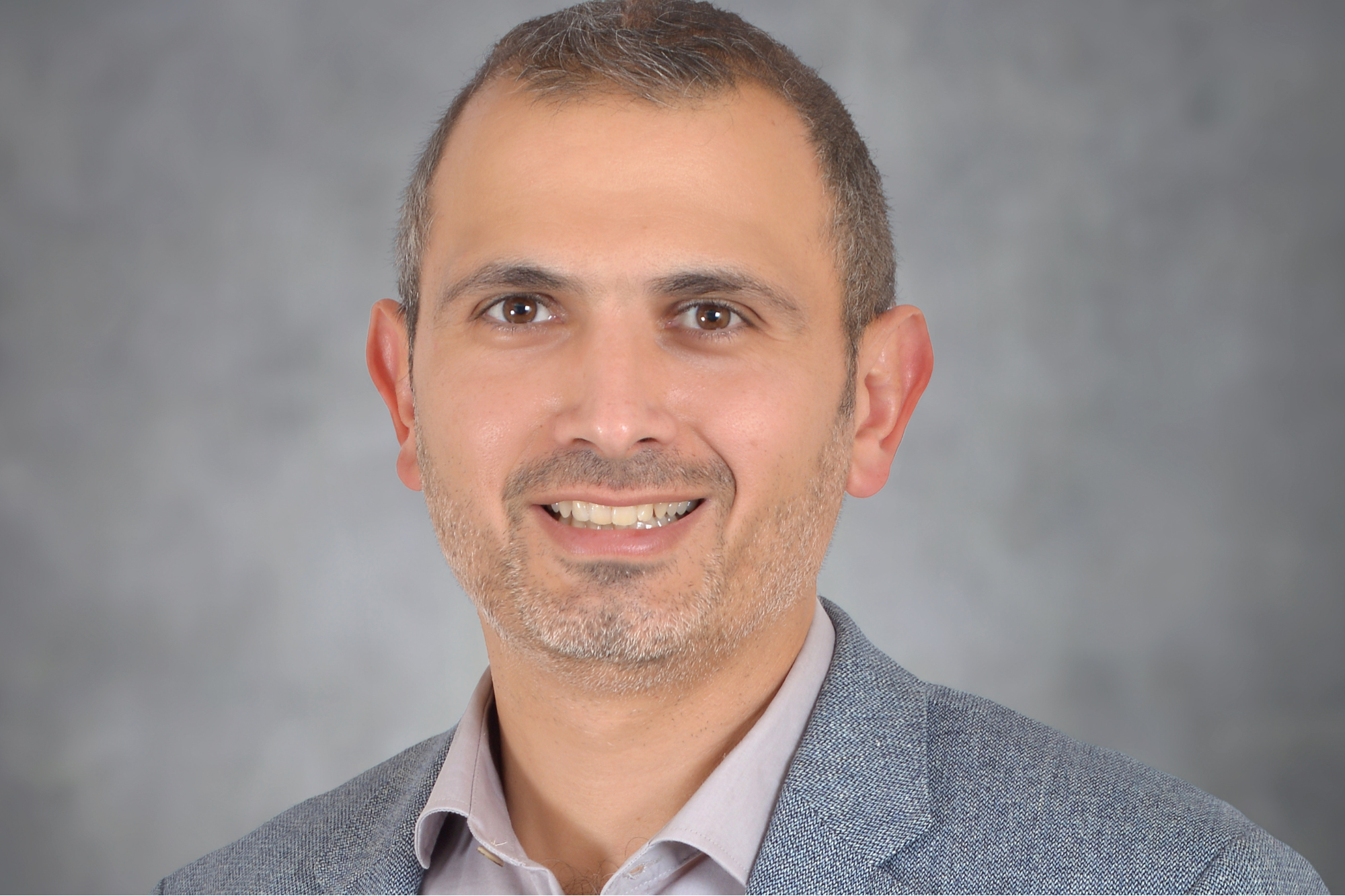Creating a resume is one of the most frustrating parts of job hunting. Though ubiquitous on social media, videos are still rare on job platforms, even though it’s difficult to capture your personality in a resume. Sydney, Australia-based myInterview wants to turn videos into an integral part of recruitment, with a platform that allows candidates to upload video responses to questions. Recruiters also have the option of using myInterview Intelligence, or machine learning-based tools that create shortlists for competitive openings.
The startup announced today that it has raised a $5 million seed round led by Israeli early-stage venture firm Aleph, with participation from returning investors Entrée Capital and SeedIL Ventures. MyInterview previously raised $1.6 million in pre-seed funding, including from Cliff Rosenberg, the former managing director of LinkedIn’s Southeast Asia, Australia and New Zealand operations.
MyInterview has been used by more than 2,000 companies, mostly in the United States and United Kingdom. Some of its best-known clients include online supermarket Ocado, retailer B&M and P&O Ferries. It has also worked with Facebook Career Connections and has a strategic partnership with reed.co.uk, the largest job search site in the U.K. So far, more than two million candidates have used myInterview, and the company’s goal is to reach tens of millions of job seekers.
The new funding will be used to expand its sales, product and research and development teams.
MyInterview was founded in 2016 by Guy Abelsohn and Ben Gillman, after they became frustrated by how difficult it was to make their resumes stand out while job hunting. MyInterview started out by offering products for companies to integrate into their existing recruitment systems, but launched a standalone platform at the beginning of 2019, well before the COVID-19 pandemic hit.
“We already had very nice traction over 2019 and into the beginning of 2020,” Gillman told TechCrunch. “I like to say that the success we’ve been seeing is independent of COVID, but there’s definitely been an impact in people who are still hiring needing to adopt technology such as myInterview in order to do that more effectively and efficiently with social distancing and the number of applicants coming through because of the market, and the more general adoption of video across the space.”
Gillman said myInterview’s platform can be used to fill almost any kind of job, but it’s generally used for roles, like entry-level positions, that can get hundreds to thousands of applications.
To use myInterview, companies set up a portal with a list of questions and prompts for applicants to answer on video. Applicants have the option of playing back and re-recording their responses several times before they hit submit. Once submitted, myInterview generates a transcript with tags for recruiters to sort through.
Other startups that have recently raised funding to integrate video into the recruitment process include VCV.AI, JobUFO and Willo.
One of the main ways myInterview competes with its rival is myInterview Intelligence. If a recruiter uses myInterview Intelligence, the platform analyzes responses for key words, phrases and tone.
MyInterview’s AI tools are based on the Big Five Personality Model, one of the main frameworks used by personality researchers. Personality tests, especially ones based on the “Big 5,” have been used by recruiters for years; what myInterview does is automate the process based on video transcripts instead of making candidates to fill out traditional assessments.
By automatically creating candidate shortlists focused on workplace culture compatibility, myInterview’s founders say its machine learning-based tools can help recruiters surface applicants who might otherwise be overlooked. Gillman said the platform also tries to mitigate bias in the hiring process by using a diverse set of data to train its algorithms and working with behavioral psychologists to audit videos. (Other startups using AI to help overcome bias in hiring include RippleMatch, which also recently received funding).
Of course, what makes a group of coworkers click can be hard to define, as with any other kind of relationship. Gillman said myInterview’s team includes behavioral psychologists, machine learning engineers and general engineers, working together to crack the code of building a good team.
For example, some candidates might flourish in a large corporation, where there is a lot of hierarchy and structure, while others might work better in small companies with a family-like environment, he said. “These things are quite tangible, and these are the elements we help to identify, both to the candidate and the employer.”











